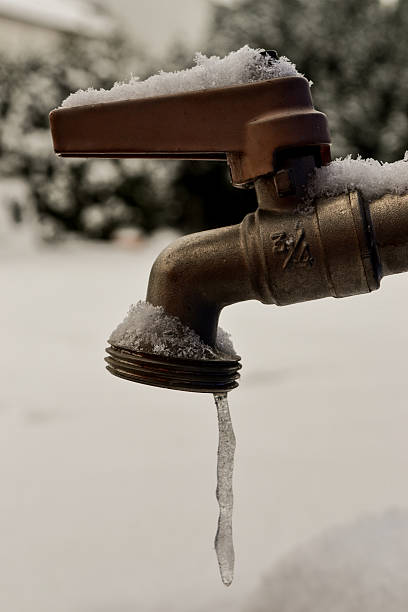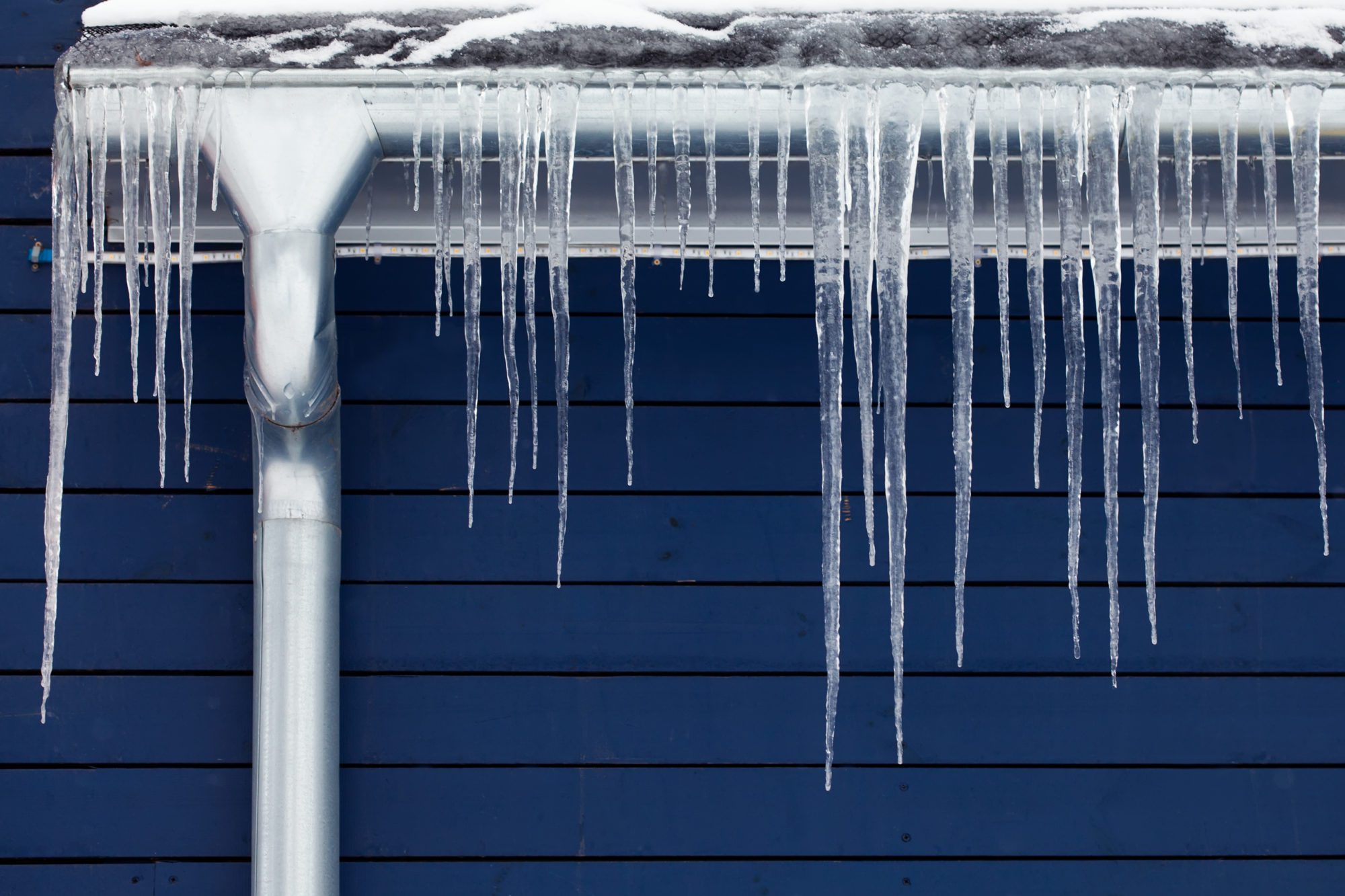Have you been hunting for related information about Helpful Tips to Prevent Frozen Pipes this Winter?

Winter can wreak havoc on your pipes, especially by freezing pipelines. Below's exactly how to avoid it from taking place and what to do if it does.
Intro
As temperature levels drop, the threat of icy pipes increases, possibly bring about pricey repair services and water damages. Comprehending just how to stop icy pipes is essential for home owners in cool environments.
Recognizing Icy Pipes
What creates pipes to freeze?
Pipes ice up when exposed to temperature levels listed below 32 ° F (0 ° C) for prolonged periods. As water inside the pipes ices up, it expands, taxing the pipeline wall surfaces and potentially triggering them to break.
Risks and damages
Icy pipelines can result in water system disruptions, home damages, and expensive repair services. Burst pipelines can flood homes and create extensive structural damages.
Signs of Frozen Water Lines
Determining icy pipes early can avoid them from breaking.
How to identify icy pipes
Look for decreased water flow from taps, uncommon odors or noises from pipelines, and noticeable frost on revealed pipes.
Prevention Tips
Insulating susceptible pipes
Wrap pipelines in insulation sleeves or utilize heat tape to protect them from freezing temperature levels. Concentrate on pipes in unheated or external areas of the home.
Heating strategies
Maintain interior spaces adequately heated, particularly locations with plumbing. Open up cabinet doors to permit cozy air to flow around pipelines under sinks.
Protecting Outdoor Plumbing
Garden hose pipes and outdoor taps
Separate and drain pipes garden hoses prior to wintertime. Set up frost-proof spigots or cover outdoor faucets with protected caps.
What to Do If Your Pipelines Freeze
Immediate activities to take
If you suspect frozen pipelines, maintain taps open to eliminate stress as the ice thaws. Use a hairdryer or towels soaked in hot water to thaw pipes gradually.
Long-Term Solutions
Architectural changes
Take into consideration rerouting pipelines far from outside wall surfaces or unheated locations. Include added insulation to attic rooms, cellars, and crawl spaces.
Updating insulation
Invest in high-grade insulation for pipelines, attic rooms, and wall surfaces. Correct insulation helps keep consistent temperatures and reduces the risk of frozen pipes.
Final thought
Protecting against icy pipelines requires proactive procedures and quick feedbacks. By comprehending the reasons, signs, and preventive measures, home owners can safeguard their pipes during cold weather.
Helpful Tips to Prevent Frozen Pipes this Winter
UNDERSTANDING THE BASICS: WHY PIPES FREEZE AND WHY IT’S A PROBLEM
Water freezing inside pipes is common during the winter months, but understanding why pipes freeze, and the potential problems it can cause is crucial in preventing such incidents. This section will delve into the basics of why pipes freeze and the associated problems that may arise.
THE SCIENCE BEHIND FROZEN PIPES
When water reaches freezing temperatures, it undergoes a physical transformation and solidifies into ice. This expansion of water as it freezes is the primary reason pipes can burst. As the water inside the pipe freezes, it expands, creating immense pressure on the walls. If the pressure becomes too great, the pipe can crack or rupture, leading to leaks and water damage.
FACTORS THAT CONTRIBUTE TO PIPE FREEZING
- Low Temperatures: Extremely cold weather, especially below freezing, increases the risk of pipes freezing.
- Uninsulated or Poorly Insulated Pipes: Pipes located in unheated areas, such as basements, crawl spaces, or attics, are more prone to freezing. Insufficient insulation or lack of insulation altogether exacerbates the problem.
- Exterior Wall Exposure: Pipes running along exterior walls are susceptible to freezing as they encounter colder temperatures outside.
- Lack of Heating or Temperature Regulation: Inadequate heating or inconsistent temperature control in your home can contribute to frozen pipes.
PROBLEMS CAUSED BY FROZEN PIPES
WHY CERTAIN PIPES ARE MORE PRONE TO FREEZING
- Pipe Bursting: As mentioned earlier, the expansion of water as it freezes can cause pipes to burst, resulting in significant water damage.
- Water Damage: When pipes burst, it can lead to flooding and water damage to your property, including walls, ceilings, flooring, and personal belongings.
- Structural Damage: Prolonged exposure to water from burst pipes can compromise the structural integrity of your home, leading to costly repairs.
- Mold and Mildew Growth: Excess moisture from water damage can create a favorable environment for mold and mildew growth, posing health risks to occupants.
- Disrupted Water Supply: Frozen pipes can also result in a complete or partial loss of water supply until the issue is resolved.
https://busybusy.com/blog/helpful-tips-to-prevent-frozen-pipes-this-winter/
- Location: Pipes located in unheated or poorly insulated areas, such as basements, crawl spaces, attics, or exterior walls, are at higher risk of freezing.
- Exterior Pipes: Outdoor pipes, such as those used for irrigation or exposed plumbing, are particularly vulnerable to freezing as they are directly exposed to the elements.
- Supply Lines: Pipes that carry water from the main water supply into your home, including the main water line, are critical to protect as freezing in these lines can affect your entire plumbing system.
- Underground Pipes: Pipes buried underground, such as those connected to sprinkler systems or outdoor faucets, can be susceptible to freezing if not properly insulated.

I'm just very inquisitive about How to Prevent Your Pipes From Freezing and I am praying you liked the entire piece. Kindly take the opportunity to promote this blog post if you appreciated it. I love your readership.
Instant Quote
Comments on “Avoiding Pipes from Cold Weather: Top Strategies”